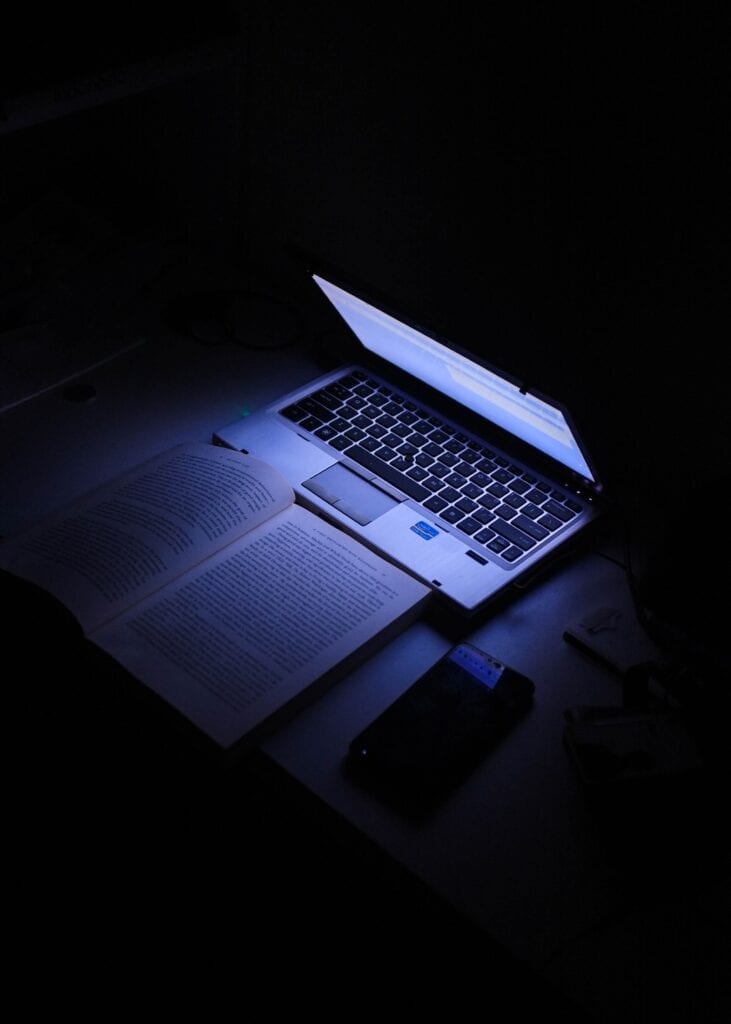The Chinese School Models
China has an entirely different school system compared to Western schools. However, Chinese education is becoming more internationalized and also adjusts to their school curriculums to fit. Many international students are interested in studying in China because of Chinese economic progress, technological breakthrough, and the opportunities it presents to young people. Therefore, it is crucial to understand the Chinese system a bit more before you come to China for your study. This article will tell you more about school systems in China in a very informative way.

History of Chinese Education
Since the 1950s, China has been providing mandatory education for nine years, accounting for a fifth of the world’s population. In 1999, primary education was widely available to 90% of China, and today the mandatory nine-year compulsory learning year covers 85% of the population. Although central and provincial governments provide some funding for education, funding varies between provinces, with rural areas significantly lower than in major cities. Families have to supplement government-provided funds to schools with government-provided education, meaning some children have far less money. However, parents attach great importance to education and make great personal sacrifices to enable their children to go to school. Illiteracy among young people and middle-aged people has dropped from 80 percent to 5 percent. The system has trained about 60 million senior professionals and nearly 400 million employees to reach the junior or senior secondary level. Today, 250 million Chinese have access to higher education (lower, secondary, and high), while growth rates in the rest of the world have doubled over the same period. The net enrolment rate in primary schools was 98.9%, and the gross enrolment rate in secondary schools was 94.1%.
China’s educational horizons are growing. In the 1980s, MBA (Master of Business Degrees) degrees were almost unknown, but in 2004 62 MBA schools had 47,000 MBAs. Many also apply for international professional qualifications, such as EMBA and MPA, and nearly 10,000 MPA students were enrolled in 47 institutions, including Beijing University and Tsinghua University. The education market is booming, with the training and testing of professional computers and foreign languages evolving. Continuing education is a trend.
International cooperation and educational exchanges are years after year. More students study abroad in China than in any other country. Since 1979, there have been 697,000 Chinese students in 103 countries and regions, 185,000 of them have returned to China after studying. The number of international students who are studying in China has also increased. In 2004, there were 110,000 students from 178 different countries in Chinese universities.
Investment in education has been increased in recent years. Since 1998, the total budget for education is increased by 1% every year. Under a plan of the Ministry of Education, the government will strengthen an education funding system that is consistent.
Chinese education is an indoctrination education. Students are informed of their predecessors’ experience, and they are taught to operate in accordance with their successful experiences. They can learn and practice under the guidance of experts. Similarly, they can also draw their conclusions. It is challenging to jump out of the existing fixed mode.

The Educational Characteristics of the Chinese School Model
First, there is a flood of exam-oriented education. Education from elementary school to university is based on the memory of relevant knowledge and the simple use of examinations as the core. It does not take into account the learning ability of students or the moral cultivation of students, let alone consider the students’ multi-faceted development and innovative capacity. Take exams before university, and cope after university. The higher you learn, the easier it is to progress, the higher the title, the easier it is to cope.
The second is the extensive decay of educational ideas. Education is based on students, but the reality is captive. The key to good or bad teaching is the teacher, but you can be a teacher, whether you understand education or not. Schooling was originally set to educate students on how to learn, but in reality, it turned into tactics and knowledge. Out of one hundred people, ninety-nine people think that education is class, the study is class, the class is about repeating the knowledge of books, and study is to do a bunch of questions. Teachers should explain what students do not understand immediately.
Third, education is entirely controlled by administrative power. All Chinese schools have a Supreme Leader on it, and its name is the Ministry of Education. China’s university presidents are appointed by the executive branch, so they know politics but not education. Look at a bunch of administrators and university presidents talking nonsense there about using the Chinese model to create a world-class university, and you know what level these people have in terms of education ignorance. The administrative power of the school is entirely above the educational and academic potential.
Fourth, education reform is promoted by the government. Educators do not solve problems with education but on the desks of government officials. The future of education is not conceived by those who understand education, but a group of politicians who have no idea what education science is.
Fifth, derailment of school education and family society. At present, school education in China is still a huge problem, because of the derailment of school education and family society. The purpose of school education is to cultivate students’ moral sentiment and increase their knowledge so that students in the future will have the ability to provide for themselves. But it is a pity that the education of many schools is wholly derailed from the family society. Students have only learned knowledge in schools, and they have not applied and practiced the study. The derailment of education and family society is mainly secondary schools. At present, most colleges and universities have begun to attach importance to the integration of school education and family society. For example, many universities have regularly carried out some social activities, so that the skills and knowledge learned by students can be applied in practice. At present, many middle schools do not do this but completely closed education mode. Such an education mode makes the knowledge learned by students lose the ability to practice in the family society.
Sixth, school education ignores the personality of students. One problem with school education in China at present is that it ignores the nature of students. Every child is the smartest. There is no stupid child in the world. In school, each child has its strengths and personality, and it is essential to value the character of each child to cultivate the child properly. Many bad children who are troubled by older students are not naughty but are wronged by way of teaching. Now, most of the schools began to attach importance to the proper education of each child and each student. Many students even started targeted training for the different characteristics of each different student. Such education can truly cultivate talents, and the school is universal. Education will cause the personality of many children and students to be ignored as a whole and no real abilities will be cultivated.
Seventh, school education is too rigid and inflexible. At present, the school education model in China is too rigid. Most schools’ education mode is students attending lectures, most of which are exams and homework. Many companies and units complain about graduates of recruited colleges and universities, saying that these college graduates do not have any ideological and innovative consciousness. Although their academic qualifications are not low. However, it is challenging to become precious talents in enterprises. This shows that most of the skills cultivated in Chinese school education are very rigid and cannot be flexibly adapted to reality.
Compared to Other Educational Systems
Very recently, the BBC released a documentary comparing the productivity of Chinese Education systems to British systems. The results were surprising; the Chinese students fared better than their Brtish counterparts. This drove several parents to seek Chinese education for their kids.
Conclusion
The problem is that the education method is rigid and inflexible, which leads to the inability of many students to apply knowledge in practice, let alone the innovation of ideas. This has changed drastically over the past decades giving way for innovative teaching and learning processes. Higher education institutions have research and development departments that make sure the curriculum is not rigid.
Some scholars still think a Learning from Western countries’ education systems is not rigid will help upgrade the system. It is flexible, and students can even debate with teachers at any time, Teachers also listen to students’ suggestions and ideas seriously. Sometimes, teachers also become students, and students also become teachers. This kind of education can really stimulate students’ innovative consciousness and thinking, while rigid classroom education can only cultivate.
Chinese Universities have also integrated international tutors into their teaching systems to diversify the teaching and learning environment.
If you are not sure what to do yet, check out our article on why you should study in China. We also have resources on the admission process. International students interested in getting degrees in China could search for courses, programs review Chinese Universities and also explore the scholarship opportunities available.
Feel free to connect with our admission advisors for support












